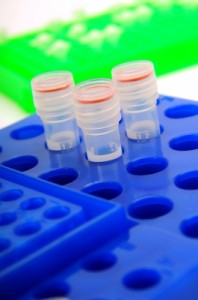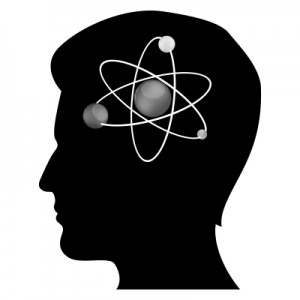Numerous studies linking elevated homocysteine with mental illness prove that symptoms of vitamin B12 deficiency caused by low B12 (cyanocobalamin) in the blood are often mistaken for mental health issues, such as depression, dementia, and schizophrenia.
What is homocysteine?
Homocysteine is an amino acid that your body makes when you eat meat products. Having too much homocysteine in your blood supply causes damage to your arteries and increases your risk for heart disease and stroke.
 What is B12, and how does it regulate homocysteine?
What is B12, and how does it regulate homocysteine?
Vitamin B12 is a nutrient that occurs exclusively in animal-based foods such as beef, chicken, fish, eggs, and milk products. Some of the riches sources of vitamin B12 are organ meats (liver, heart), oysters, and clams.
Together with vitamin B6 and folic acid, vitamin B12 helps break down homocysteine and keep them at a safe, healthy level. Without sufficient stores of these essential vitamins, homocysteine levels would escalate, leaving you at a high risk for developing diseases associated with elevated homocysteine levels, such as neurological impairments and cardiovascular disease.
Elevated homocysteine plasma levels are one of many symptoms of vitamin B12 deficiency.
B Vitamins prevent Cardiovascular Disease- B6, B12 and Folate
What are symptoms of vitamin B12 deficiency?
Typical early signs of B12 deficiency are:
- Constant fatigue
- Depression
- Disorientation
- Anxiety
- Paranoia
- Memory loss
- Frequent numbness or tingling, “pins and needles”
- Legs or arms constantly “falling asleep”
- Loss of balance
- Weakened muscular control
- Altered taste perception
- Red, swollen tongue
B12 Deficiency: Don’t Ignore the Symptoms
What illnesses are associated with elevated plasma homocysteine levels?
Scientists believe that homocysteine is behind a wide variety of conditions and illnesses, from visual problems and eating disorders, to heart disease and schizophrenia.
Currently, most scientists agree that elevated homocysteine levels share a significant correlation with the following diseases:
- Atherosclerosis (hardening and narrowing of the arteries)
- Increased risk of heart attacks
- Increased risk of strokes
- Blood clots
- Alzheimer’s disease
How many studies link elevated plasma homocysteine levels with mental illness?
A growing number of scientific studies prove a significant correlation between vitamin B12 deficiency, homocysteine levels, and mental health problems, such as schizophrenia, depression, chronic fatigue, dementia, and even eating disorders in women.
1- In Beersheva, Israel, a study focused on treating patients of Alzheimer’s and cerebrovascular disease with folic acid, vitamin B6, and vitamin B12 supplements. In this randomized, double blind, placebo-controlled, crossover study, scientists of Ben Gurion University noted dramatic cognitive benefits in patients who received the vitamin supplements.
2- In Boston, Massachusetts, a Tufts University study linking low vitamin B12 and cognitive impairment in the elderly noted a direct correlation between vitamin B12 deficiency and anemia, macrocytosis, and cognitive problems such as dementia.
3- In another study by Ben Gurion University, scientists measured plasma homocysteine levels in females with eating disorders. They found a significantly high level of homocysteine in females between the ages of 16-20 who had eating disorders.
4- Elevated plasma levels of homocysteine in females with eating disorders were also the focus of this German study that linked excessive homocysteine with depression, anorexia nervosa and bulimia nervosa.
5- A Swedish study on older patients with mental illness concluded that age and plasma homocysteine levels more accurately predict cognitive functioning skills than brain imaging, as measured by the Mini mental state examination (MMSE).
Read more about vitamin B12 deficiency and mental illness:
Teen Mental Illness: Unnoticed, Undiagnosed in America
Worried about Low B12 Lab Results?
The Many Benefits of Vitamin B12…
Sources:
Homocysteine Blood Test Information on MedicineNet.com
Plasma homocysteine levels in female patients with eating disorders- PubMed NCBI
Plasma homocysteine, brain imaging and cognition in older patients with mental illness- PubMed NCBI
Public health significance of elevated homocysteine- PubMed NCBI
Image credits, from top:
digitalart, Suat Eman, jscreationzs, ponsulak




